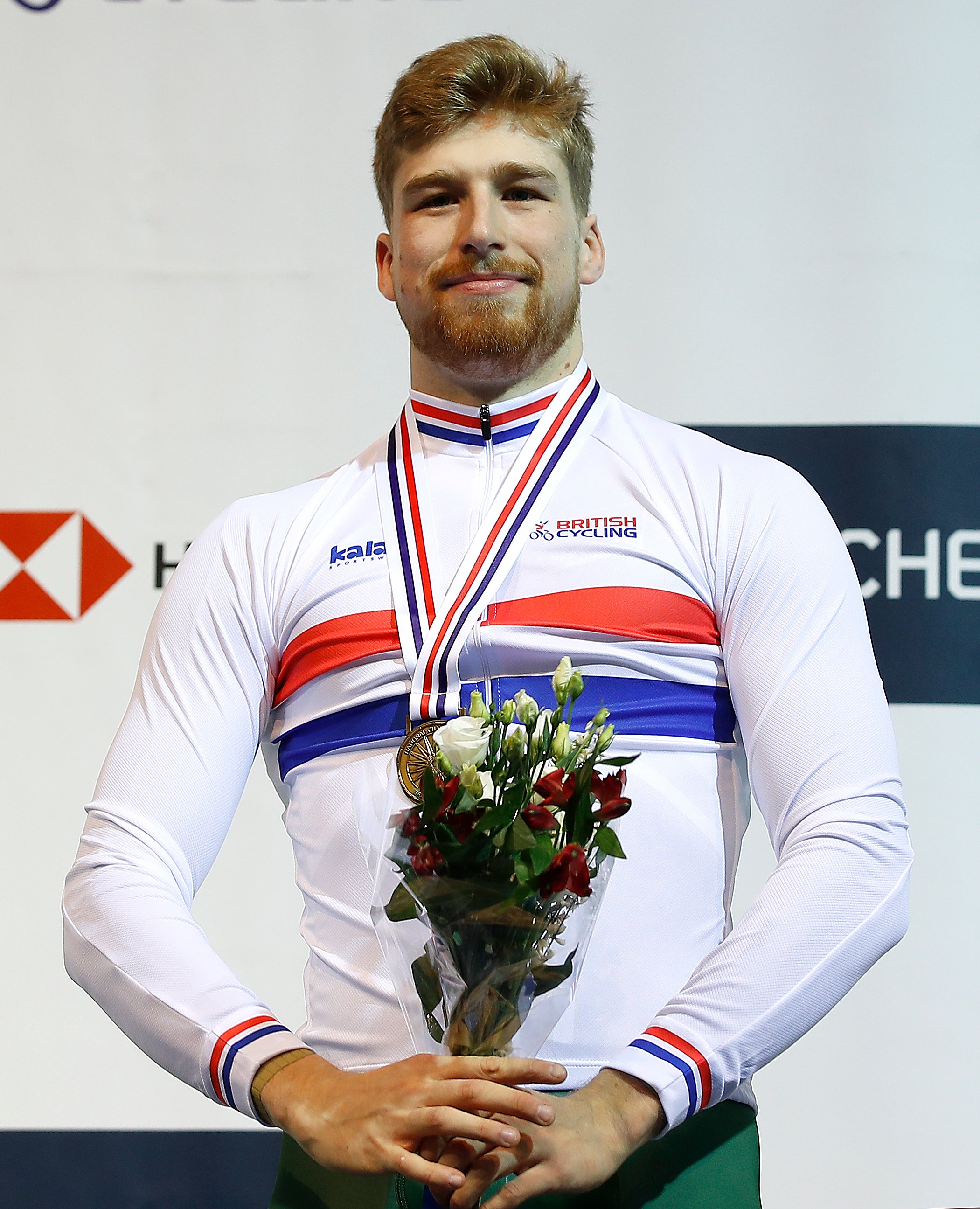Last year I couldn’t put my socks on – Joe Truman back after injury nightmare
The sprinter has endured a ‘tough’ road to recovery from a career-threatening back injury.

Your support helps us to tell the story
From reproductive rights to climate change to Big Tech, The Independent is on the ground when the story is developing. Whether it's investigating the financials of Elon Musk's pro-Trump PAC or producing our latest documentary, 'The A Word', which shines a light on the American women fighting for reproductive rights, we know how important it is to parse out the facts from the messaging.
At such a critical moment in US history, we need reporters on the ground. Your donation allows us to keep sending journalists to speak to both sides of the story.
The Independent is trusted by Americans across the entire political spectrum. And unlike many other quality news outlets, we choose not to lock Americans out of our reporting and analysis with paywalls. We believe quality journalism should be available to everyone, paid for by those who can afford it.
Your support makes all the difference.Joe Truman will race at the UCI Track World Championships in Roubaix this week hoping a two-year career-threatening injury nightmare is over.
The 24-year-old sprinter was in the thick of the selection fight for the Tokyo Olympics – rivalling Jason Kenny’s times on track – when he began to feel back pain in the summer of 2019.
Initial scans failed to identify the problem before the pandemic threw Truman another curveball as access to support was dramatically reduced.
“It got to the point in July last year where I physically couldn’t put my socks on, but I was still training,” Truman told the PA news agency. “Obviously on my part that’s pretty stupid, but I was so motivated by getting to Tokyo that I looked past it.”
A fresh scan in November 2020 finally identified the bulging disc at the root of the problem and Truman underwent surgery.
Though he still feels some minor discomfort, Truman looks better than his old self already, setting a personal best in training this summer.
“I think I was so used to training with the pain that as soon as I was training without it, I could almost go to another level of technique because I wasn’t scared of that pain anymore,” he said.
The mental battle has been just as hard as the physical one.
“As an athlete you always think it’s not going to happen to me,” Truman said. “As soon as I started realising the injury could potentially end my career, that it was a defining moment, it hit me pretty hard.
“The physios said they’d never seen an image of a spine like mine, that I needed to get the surgery or retire, really.
“That was tough because we were building up to the Olympics. I was pretty close to beating Jason up until the injury, so then there was the regret of continuing when there was still pain. There was the hindsight that I shouldn’t have gone so hard.
“That was mixed with lockdown. That was tough because everyone else was at home doing their training but I was missing out. That was pretty grim.”
Truman competed in his first event in more than 20 months when he raced at the European Championships in Grenchen, Switzerland a little over a week ago, part of a team sprint that finished fourth while taking 12th in the individual event.
With much of the Tokyo team taking a post-Olympic break, Truman now heads to Roubaix as the senior rider in a young sprint squad that also includes Ali Fielding, Hayden Norris and Hamish Turnbull.
“Every race is a bonus now,” he added. “At one point I genuinely thought I wouldn’t be riding anymore.
“At the Euros I really just went out there to enjoy it. I think it was the first team sprint day I truly enjoyed. In the past I always worried there were others who could go faster, but this time I treated it as a bonus.”
Lauren Bate, Sophie Capewell, Blaine Ridge-Davis and Milly Tanner will compete in the women’s sprint, looking to build on the fourth place they took in Grenchen.
Women’s sprinting has been British Cycling’s weak spot in recent years – they failed to qualify for the team event in Tokyo – but this emerging quartet, all aged between 21 and 23, offer hope ahead of Paris.
“I think it shows in our results that we’re getting much stronger and we’re pushing for those top times,” Tanner said. “It’s a really exciting place to be and it’s an exciting team to be a part of.
“Every time you get selected it’s almost like that’s the hardest part because it’s such a strong team. Hopefully we can use that to push each other on more.”